The Ultimate Guide To Companion Planting Tomatoes
The Ultimate Guide to Companion Planting Tomatoes
Tomatoes are a popular vegetable that can be grown in most gardens. They are relatively easy to care for, but there are a few things you can do to improve their growth and yield. One of these things is companion planting.
Companion planting is the practice of planting different types of crops together in order to benefit each other. Some plants, for example, can help to repel pests or diseases, while others can improve the soil quality or attract pollinators.
When it comes to tomatoes, there are a few companion plants that can be especially beneficial. These include:
- Basil: Basil is a classic companion plant for tomatoes. It helps to repel tomato hornworms and other pests, and it also enhances the flavor of tomatoes.
- Marigolds: Marigolds are another great companion plant for tomatoes. They help to repel nematodes, which can damage tomato roots. Marigolds also attract beneficial insects, such as ladybugs and lacewings.

- Onions: Onions help to deter pests such as aphids, thrips, and spider mites. They also help to improve the flavor of tomatoes.

- Cucumbers: Cucumbers and tomatoes can be planted together because they have similar growing requirements. They also help to shade the soil around the tomatoes, which can help to prevent wilting.

- Peas: Peas can help to fix nitrogen in the soil, which can benefit tomatoes. They also help to suppress weeds.
In addition to these companion plants, there are a few plants that you should avoid planting near tomatoes. These include:
- Potatoes: Potatoes and tomatoes are both members of the nightshade family, and they can attract the same pests and diseases.

- Eggplants: Eggplants and tomatoes can compete for the same nutrients, so it is best to plant them in separate areas.
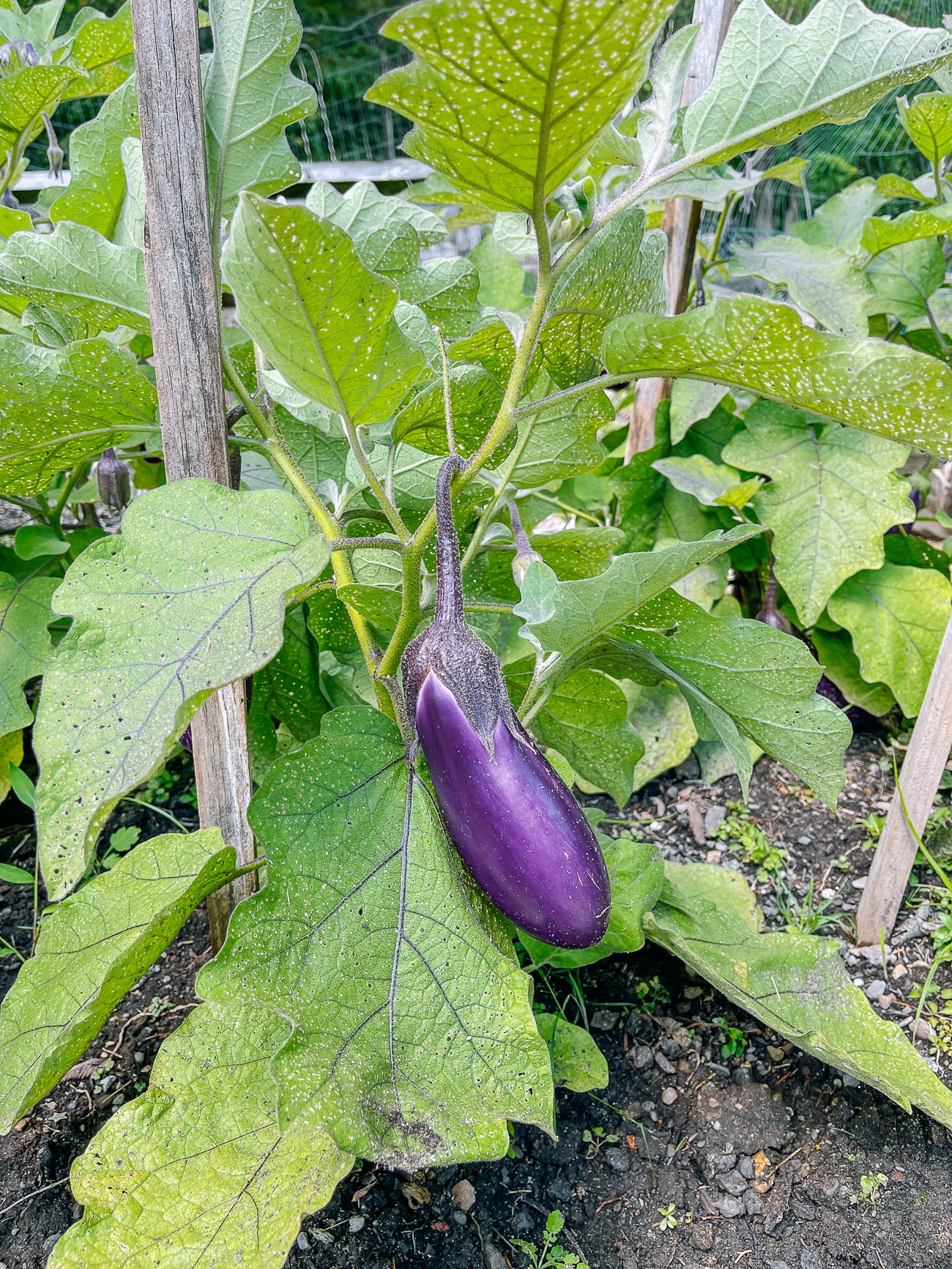
- Cabbage: Cabbage can stunt the growth of tomato plants, so it is best to avoid planting them near each other.
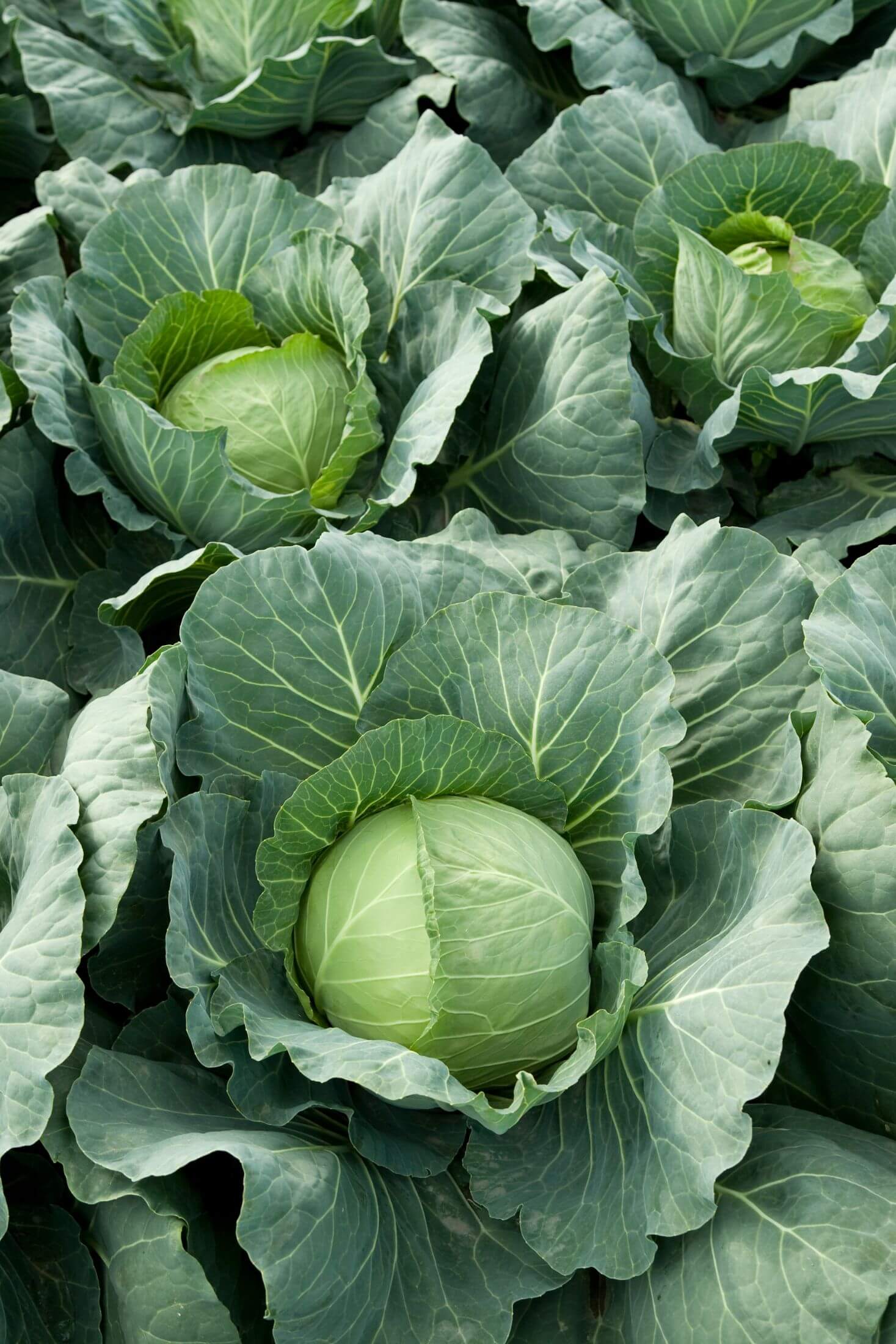
By planting the right companion plants near your tomatoes, you can help to improve their growth and yield. You can also help to protect them from pests and diseases. So next time you are planning your tomato garden, be sure to consider companion planting.
Here are some additional tips for companion planting tomatoes:
- Plant companion plants that have similar growing requirements. This will help to ensure that they will thrive in the same conditions.
- Plant companion plants that will benefit each other. For example, plants that attract beneficial insects can help to protect tomatoes from pests.
- Plant companion plants that will help to suppress weeds. This can save you time and effort in the long run.
- Experiment with different companion plants to see what works best in your garden. There is no one-size-fits-all solution, so you may need to try a few different combinations before you find the perfect one.
Companion planting is a great way to improve the health and productivity of your tomato garden. By following these tips, you can create a thriving garden that is full of delicious tomatoes.
Are you looking to grow tomatoes in your garden? If so, you may be wondering what are the best companion plants for tomatoes. Companion planting is the practice of planting certain types of plants together in order to benefit each other. There are many different plants that can be compatible with tomatoes, but some of the most popular include:
Basil: Basil is a classic companion plant for tomatoes. It helps to deter pests and attract beneficial insects, such as ladybugs. [Website address] has a comprehensive list of companion plants for tomatoes, as well as information on the benefits of companion planting. They also have a blog with articles on a variety of gardening topics, including tips on how to grow tomatoes.
Marigolds: Marigolds are another great companion plant for tomatoes. They help to repel nematodes, which are microscopic worms that can damage tomato roots.
Borage: Borage is a flowering plant that attracts pollinators, such as bees and butterflies. These pollinators help to fertilize tomato flowers, which leads to a better harvest.
Onions and garlic: Onions and garlic have strong scents that repel many pests, such as aphids and tomato hornworms.
Carrots: Carrots help to aerate the soil around tomato plants, which can help to improve drainage and reduce the risk of root rot.
Peas and beans: Peas and beans can help to fix nitrogen in the soil, which can benefit tomato plants.
If you are interested in learning more about companion planting, I encourage you to visit Gardenia Inspiration. They have a wealth of information on this topic, and I'm sure you'll find it helpful.
FAQ of compatible plants with tomatoes
- What are some compatible plants with tomatoes?
Some of the best companion plants for tomatoes include:
- Basil: Basil helps to repel tomato hornworms and other pests, and it also enhances the flavor of tomatoes.
- Marigolds: Marigolds repel nematodes, which can damage tomato roots.
- Onions: Onions help to repel aphids and other insect pests.
- Chives: Chives help to repel spider mites and other insect pests.
- Spinach: Spinach helps to suppress weeds and improve the soil quality.
- What plants should I avoid planting near tomatoes?
Some plants that should be avoided planting near tomatoes include:
- Potatoes: Tomatoes and potatoes are susceptible to the same diseases, so planting them near each other can increase the risk of infection.
- Cabbage: Cabbage can attract pests that also target tomatoes, such as aphids and cabbage loopers.
- Melons: Melons and tomatoes have different water and nutrient requirements, so planting them near each other can lead to competition for resources.
- Corn: Corn can harbor pests that can damage tomato plants, such as corn earworms.
- Beans: Beans can fix nitrogen in the soil, which can rob tomatoes of this important nutrient.
- How far apart should I plant tomatoes?
The spacing between tomato plants depends on the variety of tomato and the growing method. Bush tomatoes should be spaced 18-24 inches apart, while vining tomatoes should be spaced 24-36 inches apart. If you are growing tomatoes in a container, choose a container that is at least 12 inches deep and 18 inches wide for each plant.
- What soil is best for tomatoes?
Tomatoes prefer well-drained, fertile soil with a pH of 6.0-6.8. The soil should be amended with compost or other organic matter before planting. Tomatoes are heavy feeders, so they will benefit from regular fertilization throughout the growing season.
- How do I water tomatoes?
Tomatoes need regular watering, especially during hot, dry weather. Water deeply and infrequently to encourage deep root growth. Avoid watering the leaves of tomato plants, as this can increase the risk of disease.
Image of compatible plants with tomatoes
- Marigolds: The bright colors and strong scent of marigolds make them an excellent deterrent against insects like tomato hornworms and aphids.
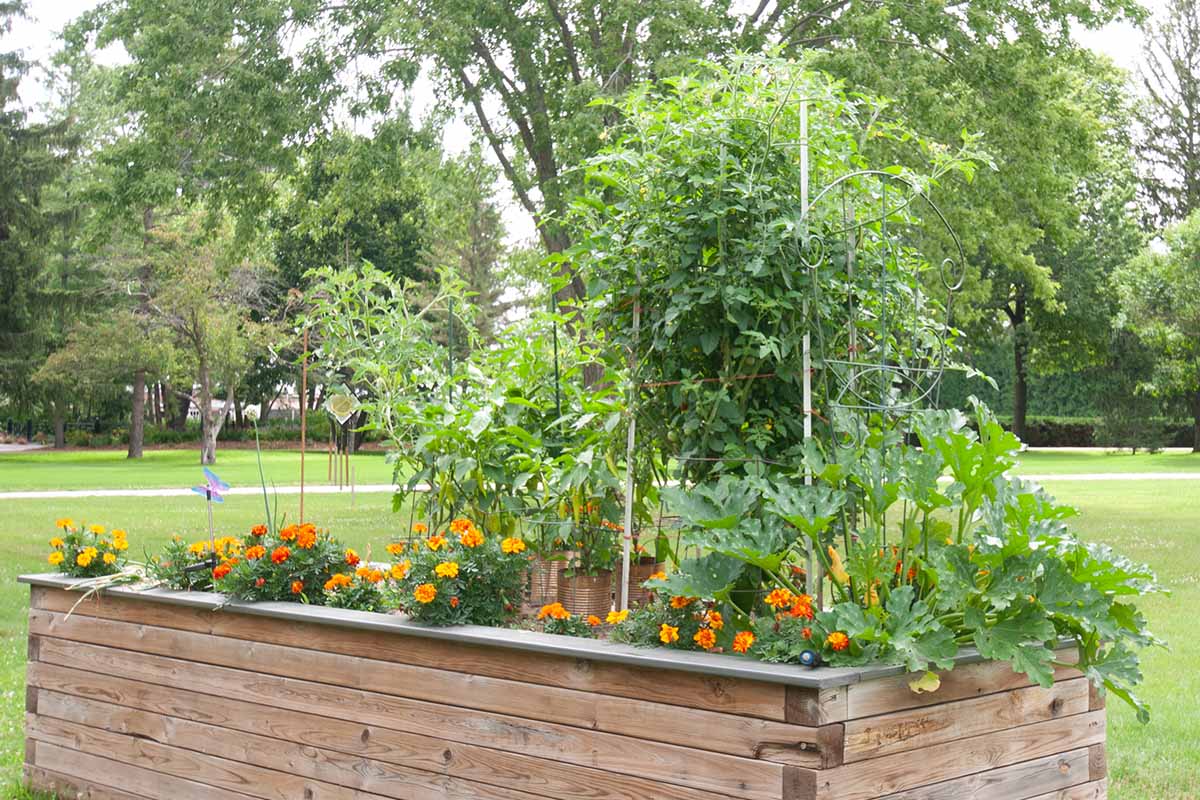
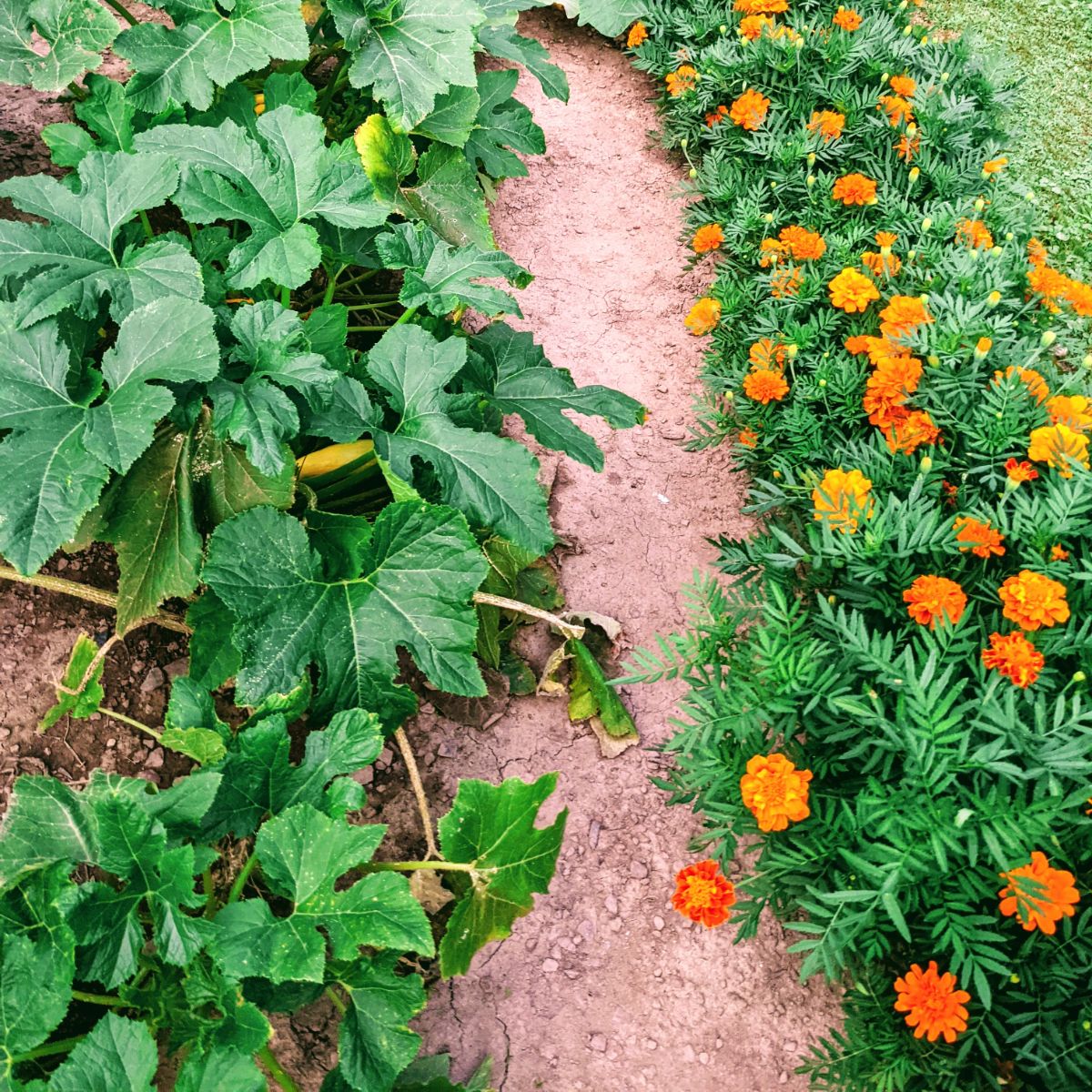
- Garlic: Garlic is a natural insecticide that can help to repel pests like tomato hornworms and whiteflies.
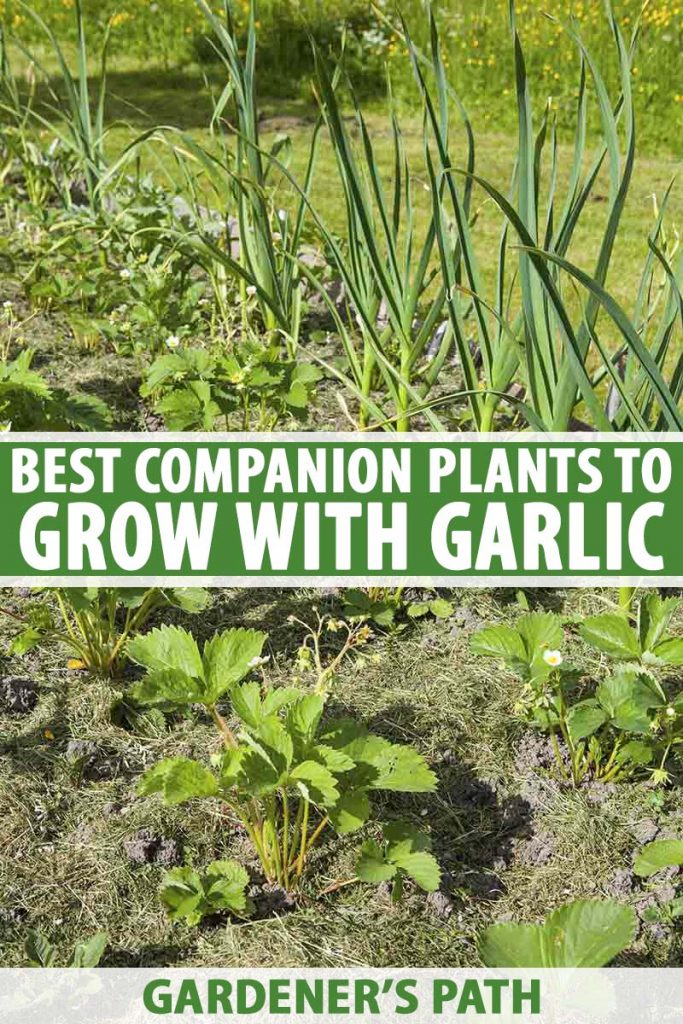
- Onions: Onions are another natural insecticide that can help to repel pests like tomato hornworms and whiteflies.
- Basil: Basil is a popular companion plant for tomatoes because it helps to improve the flavor of the tomatoes and also repels pests like mosquitoes and flies.
- Chives: Chives are another herb that can help to improve the flavor of tomatoes and also repel pests like mosquitoes and flies.
Post a Comment for "The Ultimate Guide To Companion Planting Tomatoes"